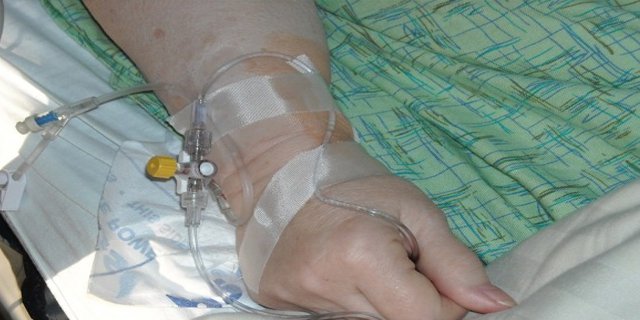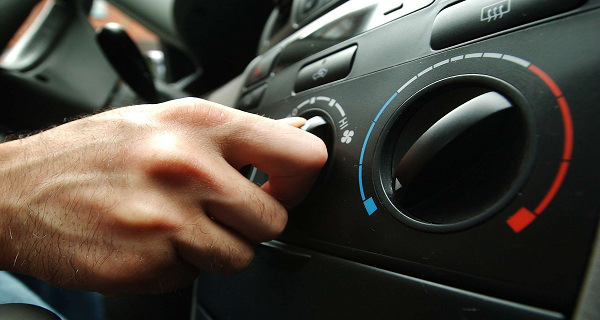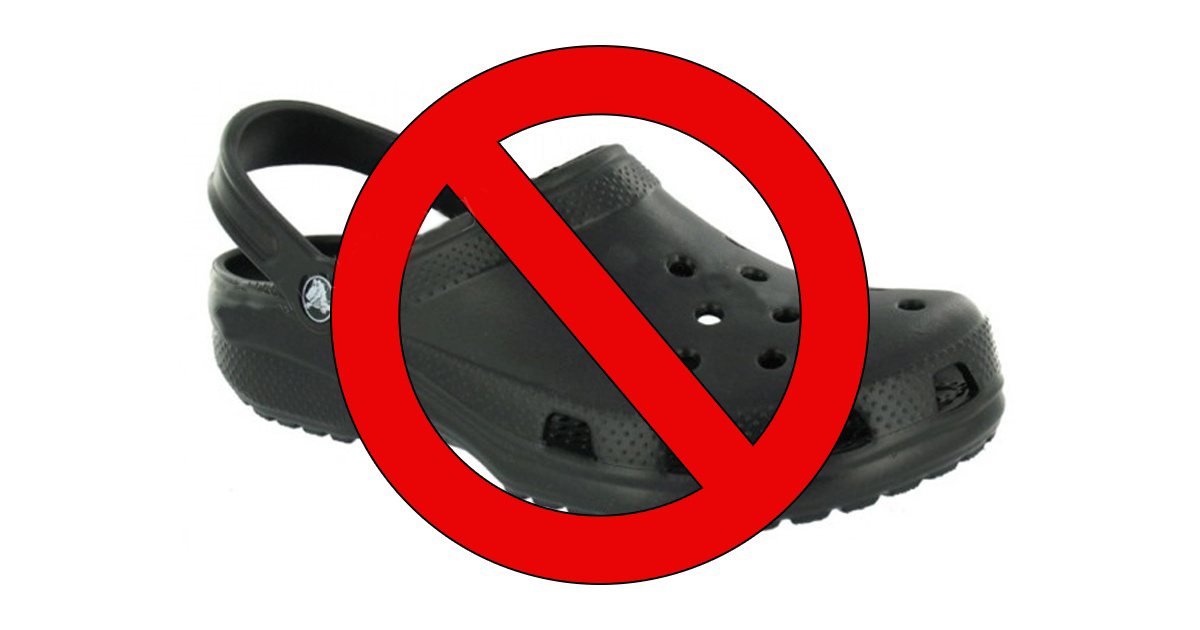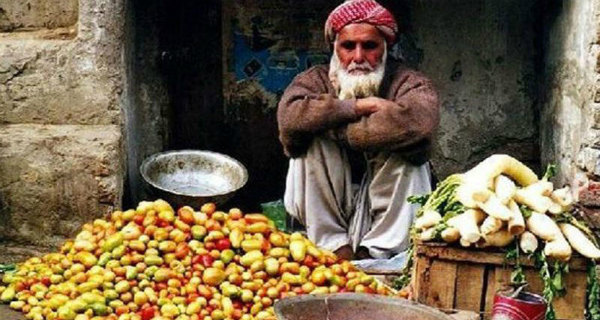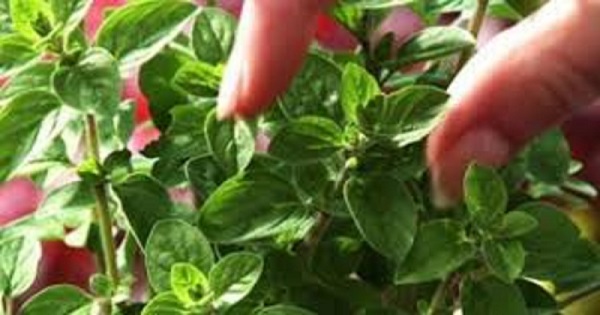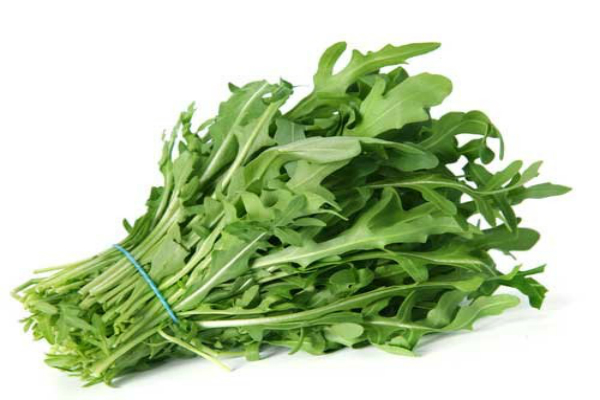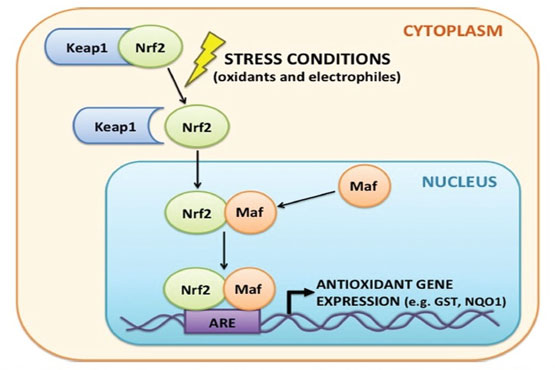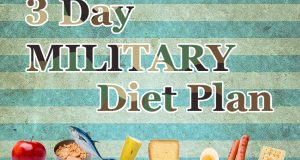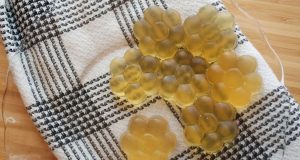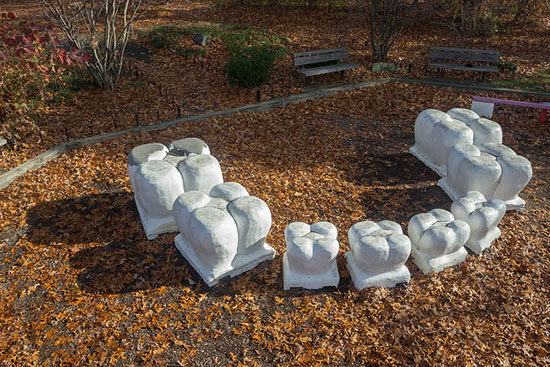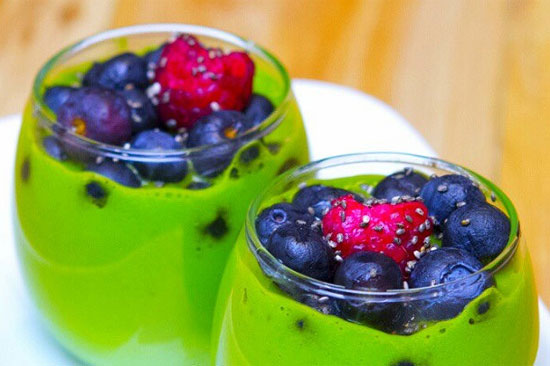The Hunzas people bathe in a cold water, even below on freezing temperatures, and have children at 65. To live until 120 is a normal thing for them.
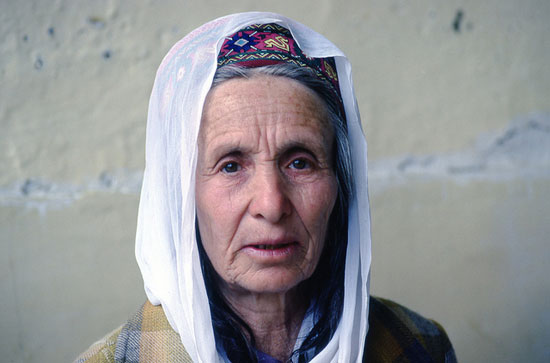
At an international congress for cancer patients in Paris in 1977, experts announced that according to geocancerology data (worldwide research of cancer), a complete absence of cancer only appears in one peoples – the Hunzas.
In this tribe, the situation today remains the same. There are rarely sick people and the average age of life is 120 years. Hunzakuts are old peoples, situated on the border between Pakistan and India, in the Hunza river valley which is surrounded by the Himalayan.
The place where they live is known as an “Oasis of youth” because of the incredible long life.
During the summer, they eat raw fruit and vegetables, and during the winter they consume dried apricots, wheat and sheep cheese. There is a period when the Hunza don’t eat absolutely anything. This period is known as “hungry spring”, when the fruits are not ripe yet and it lasts for 2-4 months, and Hunzas only consume dried apricots juice at this time.
They consume proteins in the smallest amounts possible and on daily average they consume 1.933 calories, out of which 50g are proteins, 36g fats and 365g carbohydrates. Many people that have visited and even moved here, say that the main factor of long life of these people is the healthy diet.
One Chinese newspaper in 1984 described an interesting event. One of the Hunza people, confused all of the emigration office workers at the London airport when he showed his passport. Namely, he was born in 1832 and had 152 years.
Hunzas are exceptionally vital and skillful, they walk for 20 km daily and climb the rocks without any special effort.
Here are a few tips that makes them be able to do that:
Apricot seeds
Apricots are full of potassium and sodium, vitamin A, and the seeds with B17 and essential fats and amino acids. It is considered that these seeds cure cancer.
Raw fruit, vegetables and wheat
These are a part of everyday menu and are used to make pies and bread. But, the thermal process is very short so that they could keep the nutritive values. They rarely eat meat, almost never.

